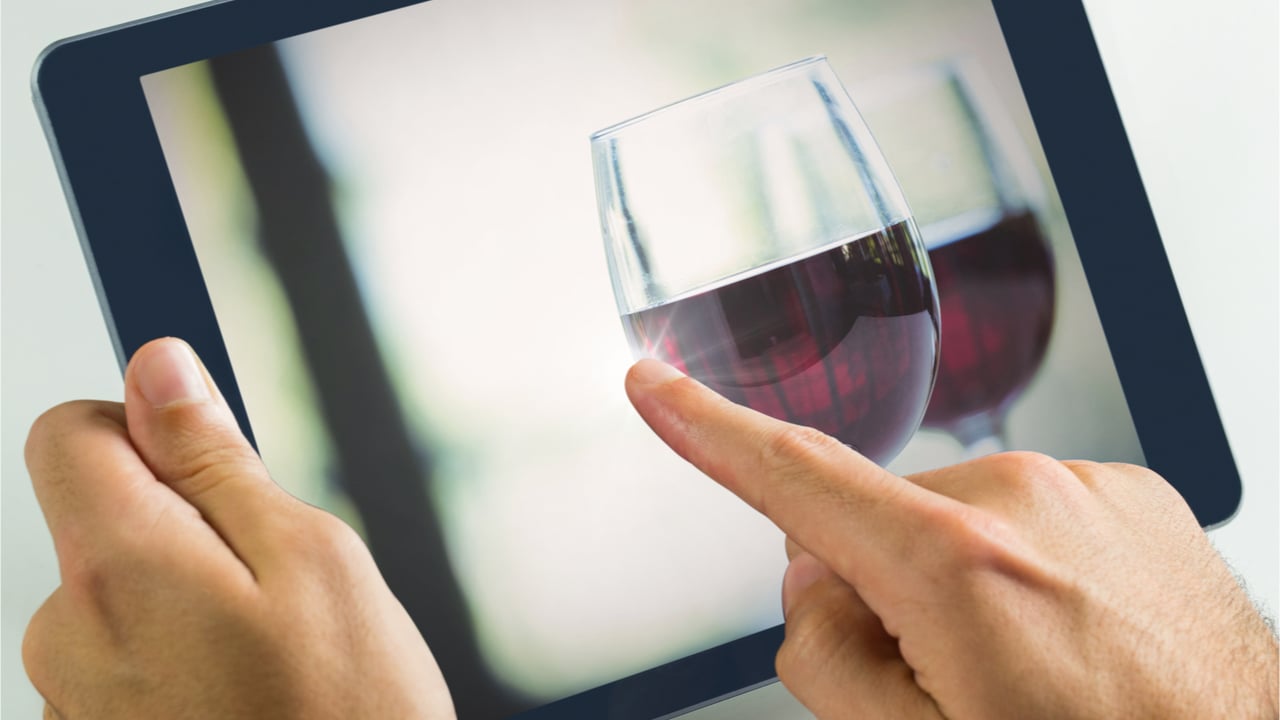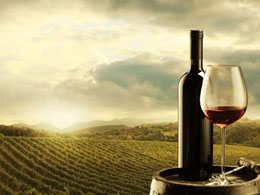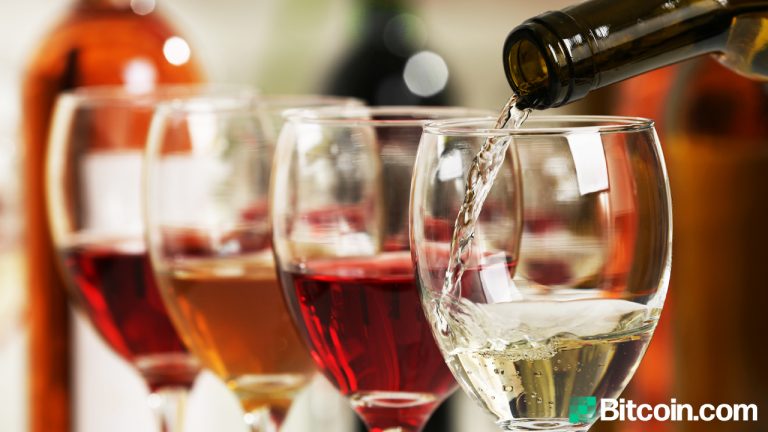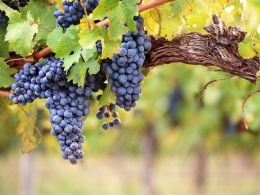
Collection of South African Fine Wine Sold as NFTs
Collections of South Africa’s fine wines were recently sold as non-fungible tokens (NFTs) with one lot being sold for $79,000. Immediately following the auction, two lots were reportedly paid for using bitcoin. Lots Exceed Estimates Collections of fine wines made by some of South Africa’s leading producers have been sold as non-fungible tokens (NFTs) in what has been described as a first for the country’s wine industry. The auction, which was conducted by fine art auctioneer Strauss & Co, saw some lots, like Klein Constantia’s Vin de Constance....
Related News
Okay Bears, a Solana-powered NFT topped OpenSea’s 24-hour sales charts on Thursday, whilst a South African fine-wine NFT auction takes off netting raising more than $180,000. Okay Bears, a Solana-powered NFT, managed to top OpenSea’s 24-hour sales tracker for the first time earlier today, beating out all other Ethereum (ETH) projects on offer. It’s the first time a Solana (SOL) NFT project has reached the top spot in popular NFT marketplace OpenSea’s 24-hour sales tracker. [email protected] No.1 on the OpenSea 24h rankings A @solana project has topped OpenSea’s market-wide 24h sales....
WiV Technology, a blockchain-based project focused on the fine wine industry and non-fungible tokens (NFTs), announced it raised $1.5 million in fresh capital to further accelerate the development of its platform for tokenized fine wine. The funding round attracted participation from RedCave Ventures, Daniel Maegaard, SuperNatural, 1010 Capital, StableNode and Tokenization. These investors participated by […]
Wine ages like fine... wine. Some of the rarest bottles fetch well over $100,000 USD. Collectors of ancient libations have six-figures worth of reasons in proving the bottles integrity. Verifying a wine's provenance means tracing a bottle's history as far back as possible - hopefully to the original vineyard. A verified wine can greatly increase in value. This chain of custody isn't just a history lesson. It gives buyers an expectation of the quality given the past caretakers. However, most importantly, it helps buyers reduce fraud. Just like an Ebay seller, wines rely on a reputation....
Nearly every day now a new company is announcing the acceptance of cryptocurrencies in some form or another. Now one of the world’s largest fine wine auction houses and America’s oldest wine shop Acker has revealed digital currency acceptance to pay for auction payments and retail wine purchases. Wine Shop Acker Jumps Into the Crypto Space This week the wine shop and auction house Acker revealed that it is now accepting cryptocurrencies for goods and services. Effective immediately Acker will accept BTC, BCH, ETH, DOGE, and three stablecoins via the payment processor Bitpay.....
Everledger, a London-based startup, has entered into a strategic partnership with IBM to develop and deploy a blockchain-based system that will be utilized to crackdown wine fraudsters. Currently, wine manufacturers verify and authenticate fine wines with paper records and physical certificates. A few particular elements on the records or certificates including stamps and signatures are supposed to prevent wine fraud and help authenticators verify the origin of the wine. However, unlike cryptographic signatures, conventional signatures written by hand are easy to replicate. Paper....





